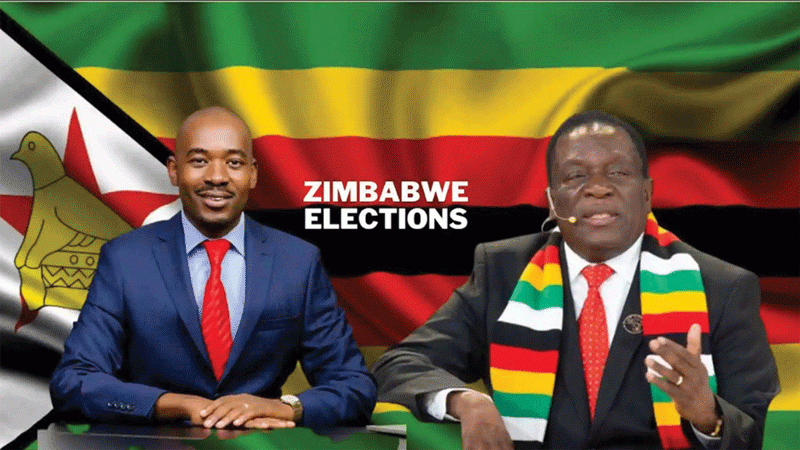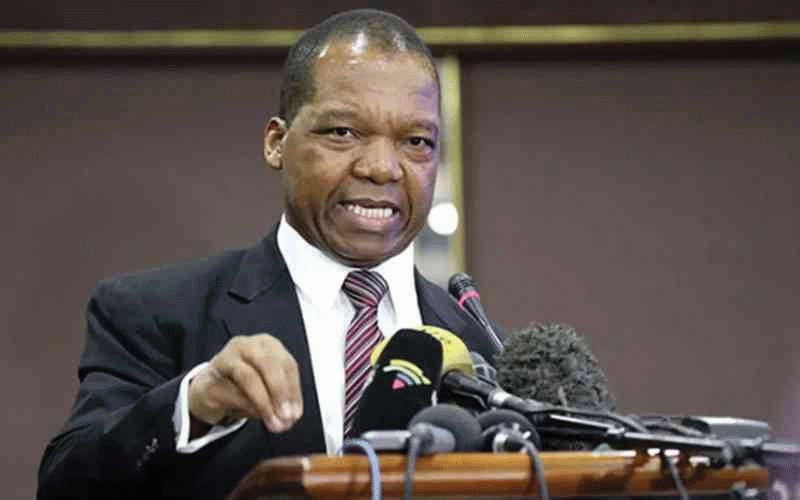
EFFORTS to compensate pensioners and policyholders who lost lifetime savings during Zimbabwe’s 2009 currency debacle have gained renewed momentum, following firm undertakings by insurers and pension funds. Speaking at the Insurance and Pensions Commission’s (Ipec) 7th Annual General Meeting in Harare this week, Ipec Commissioner Grace Muradzikwa (GM, pictured) detailed the industry’s progress on key regulatory issues, including compliance, governance, and the long-awaited compensation framework. A 2015 report by the Justice George Smith-led Commission of Inquiry valued the losses at US$5,1 billion. In this wide-ranging interview with our chief reporter Melody Chikono (MC), Muradzikwa unpacks the milestones achieved so far and what lies ahead. Below are excerpts from the interview.
MC: You have touched on a number of issues during this AGM, but key is the issue of compensation.
GM: You will recall that when we met last year, we indicated that we had gazetted SI (Statutory Instrument) 162 of 2023, which set out the modalities for compensating pensioners. We were very optimistic that we were going to close this chapter. So far, two funds were approved, and US$522 000 has been disbursed. But, we also noted the challenges that we are having around granular data and around asset separation. We are now aligned with the industry in terms of closure. There is a real strong commitment from the industry to close pre -2009. We just need our stakeholders, the Ministry of Finance and the Attorney General’s Office to come on board, but we have now agreed on a once-off shareholder levy to compensate pensioners. Compensation is not restitution. I am on record as saying it is impossible to compensate pensioners for what they lost because we are also looking at available funding options. But we will definitely make sure pensioners get something towards the loss that they experienced.
MC: What is contained in the proposal?
GM: We have proposed some floors, minimum amounts that pensioners will get and some maximum amounts that they will also get. Government has committed that it is ready to disburse their portion towards pre-2009 and Ipec is also ready with its portion. The industry has also assured us that they are ready. I think as soon as we are done with modalities of amendments to SI162, we should get started with compensation. The amendments have been submitted to the Ministry of Finance, and it is awaiting review. I think once this is done, hopefully before the end of this year, we will be able to close this chapter.
MC: Can you explain further on the new modalities?
GM: What now happens is, based on audited financial reports and valuation reports, they compute the “global level of prejudice”. We are now
introducing floor and maximum caps, so you no longer go down to each individual compensation, but we have aggregated the data. We have now agreed with the industry that we are going to leave a certain percentage of shareholders’ assets to go towards compensation. We are pushing the government to release their own funds, and we put the money together. What that now means is SI162 of 2023 is based on granular data. We need to amend it so that we make this process legal. We don’t want someone coming back to us saying but SI162 meant this, we have to amend it. That’s the submission we have put to the ministry.
- UK based Zimbabwean divorces wife of 33 years over conjugal rights
- New perspectives: Role of private sector in resource mobilisation
- New perspectives: Money laundering red flags in insurance sector
- 3 000 non-resident pensioners owed US$1.5 million, says Ipec
Keep Reading
MC: Tell us more about the amendments.
GM: Strictly speaking, there is agreement. We do not expect this to take long because we first consulted the industry, and we actually have written commitments from the industry on the way forward. I think it is just a process issue with the Ministry of Finance and the Attorney General’s Office. Look, this is a way forward. We must close the issue.
MC: You said the industry paid US$129 million in claims in 2024. What does that mean to the industry?
GM: There are a lot of people who just say insurance companies exist, they do not pay claims. So, what we extracted is actually claims from the industry so the industry is meeting its promise. That was the message there. We are trying to demonstrate that the industry is living its mandate.
MC: You also mentioned that some “Defined Benefits” funds were underfunded.
GM: Defined benefit funds are the funds which actually promise you a certain benefit when you retire. There is always a funding gap for employers so that is basically what we mean. Normally, what happens is that at the end of every year, you conduct actuarial valuations. And when the actuarial evaluation indicates a funding gap, you go to the employer. The employer is the one who steps in. So, some employers are struggling to step in and actually plug that hole so that is what we mean but bearing in mind that the number of defined benefit contribution schemes are now very small in Zimbabwe.











